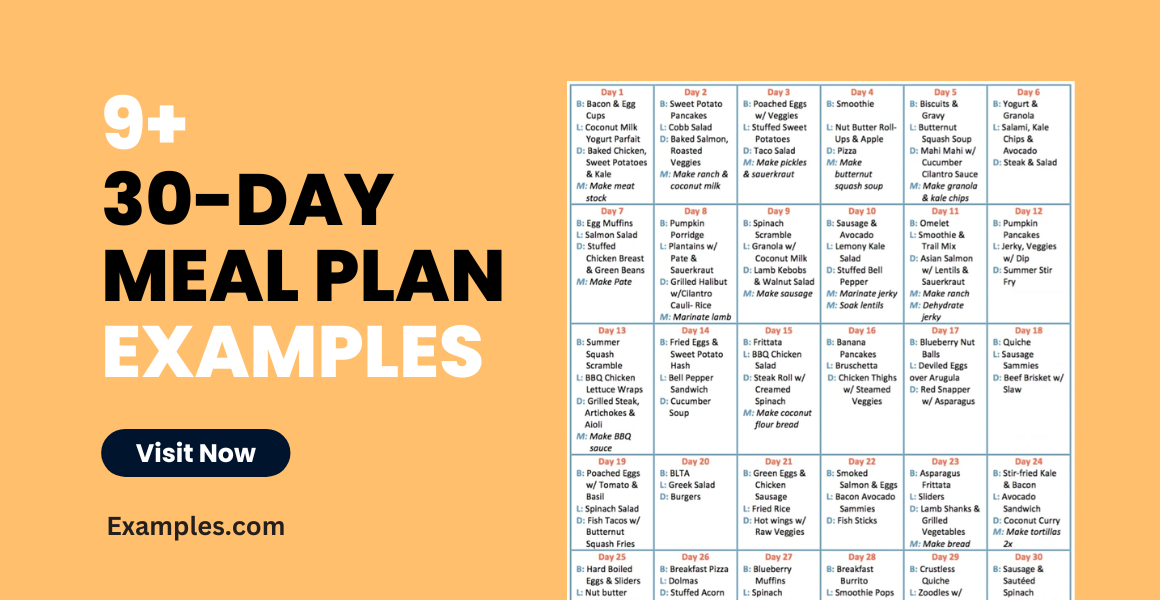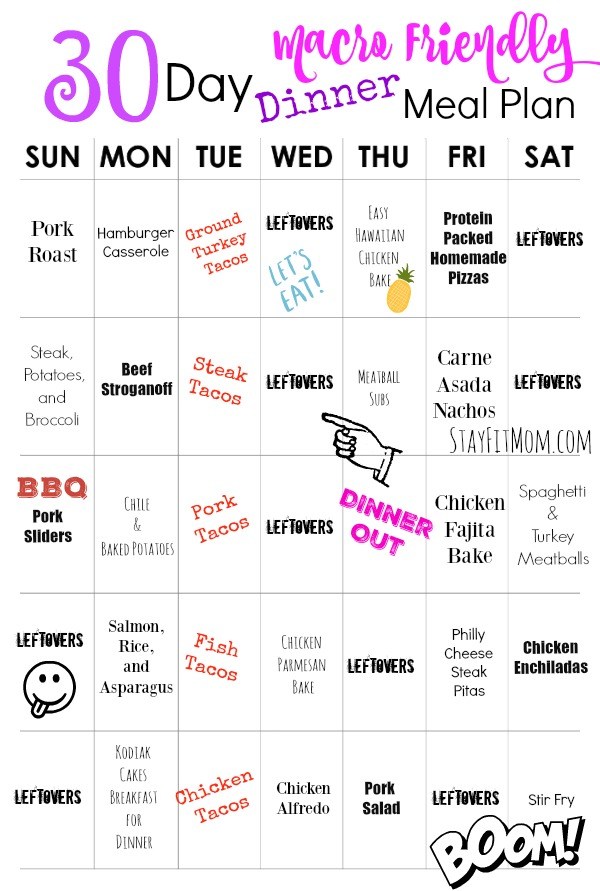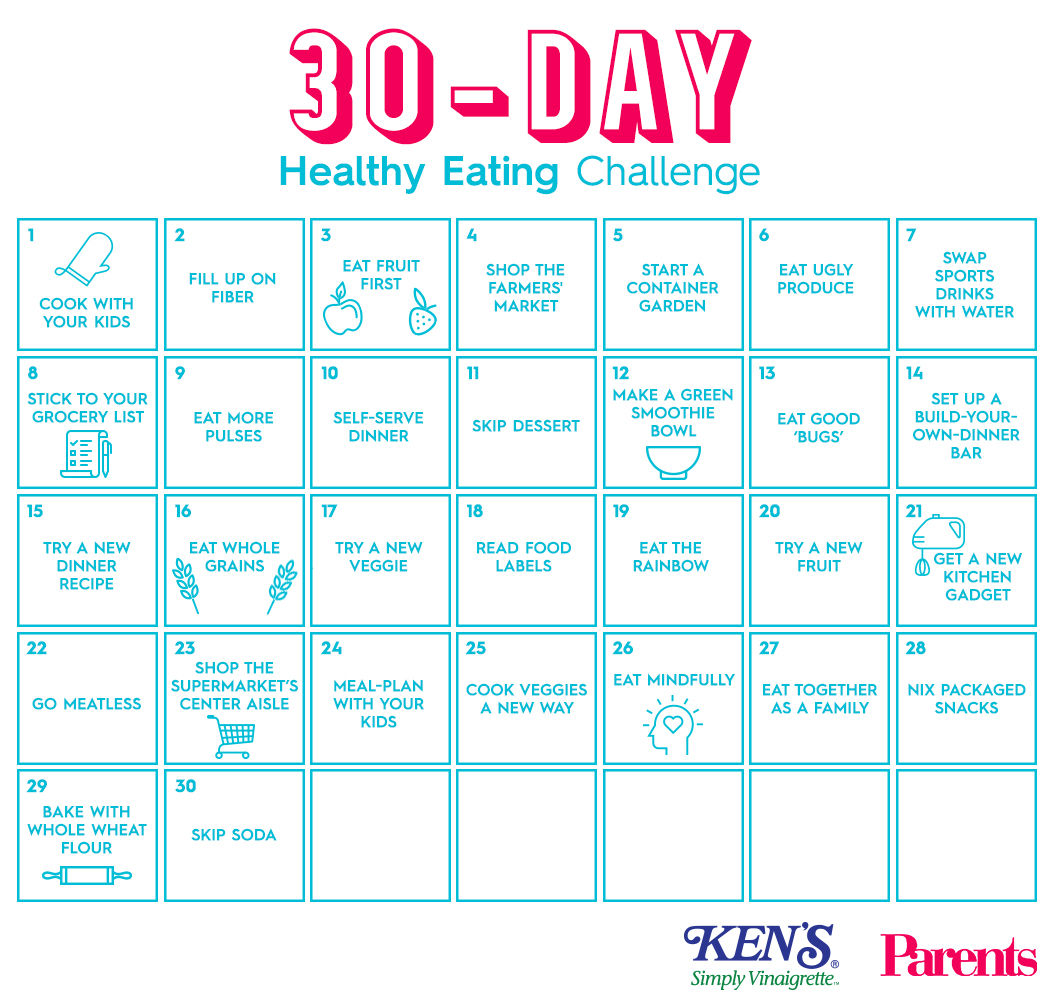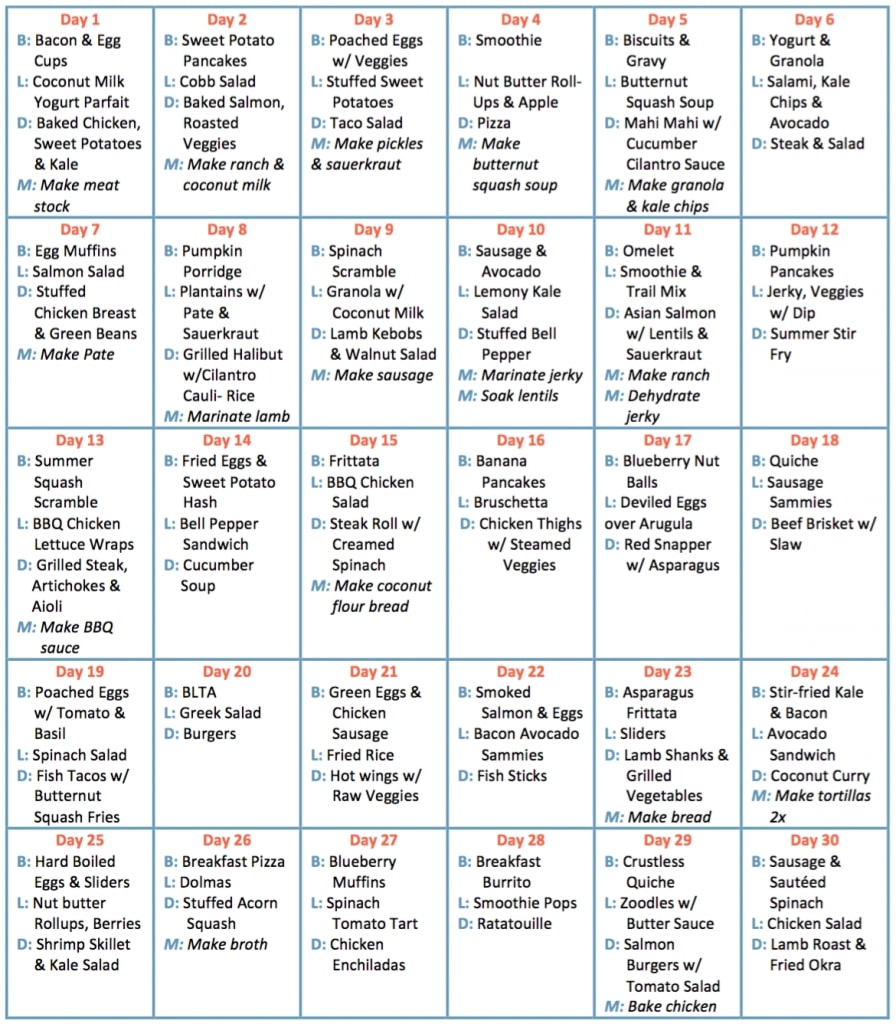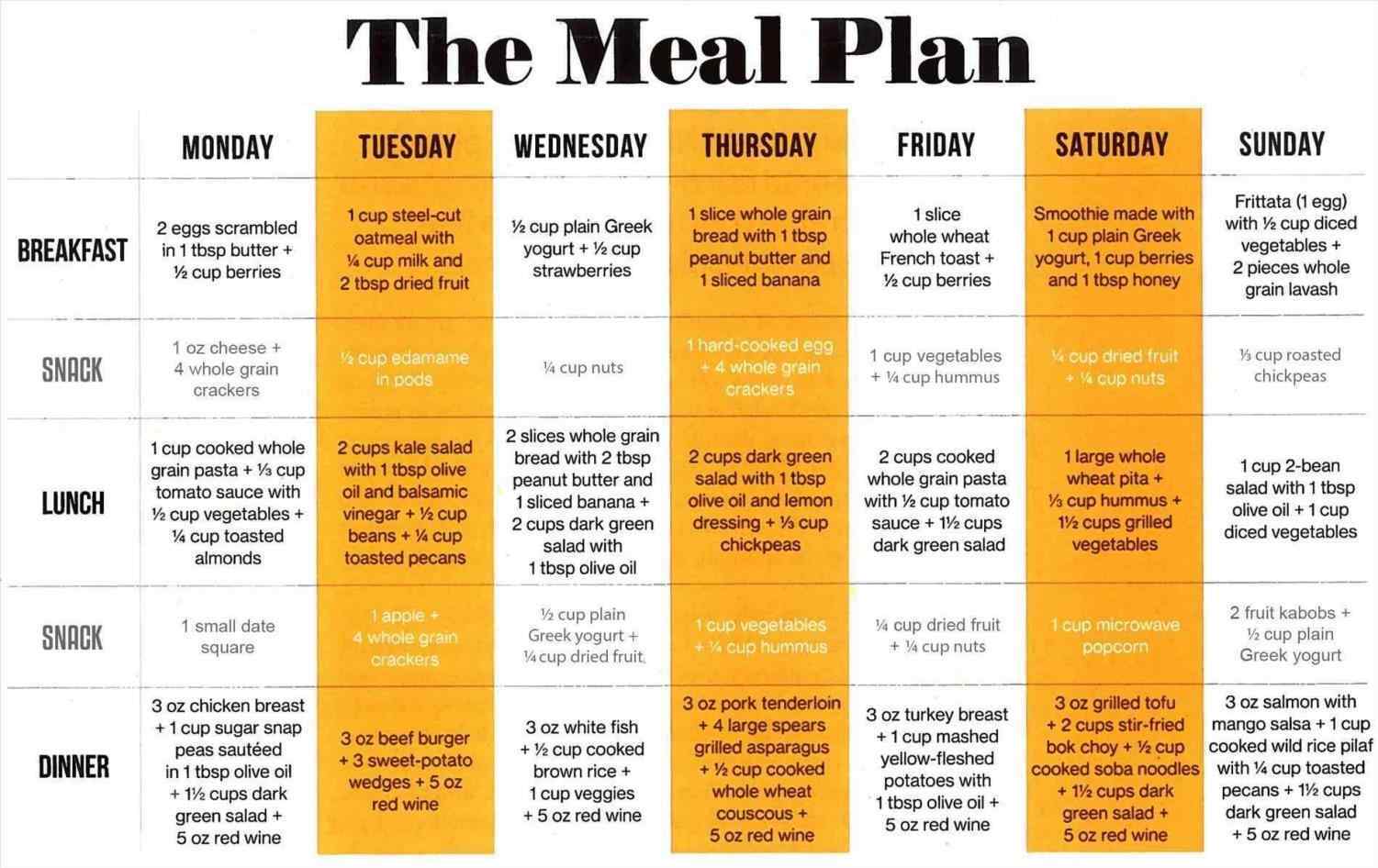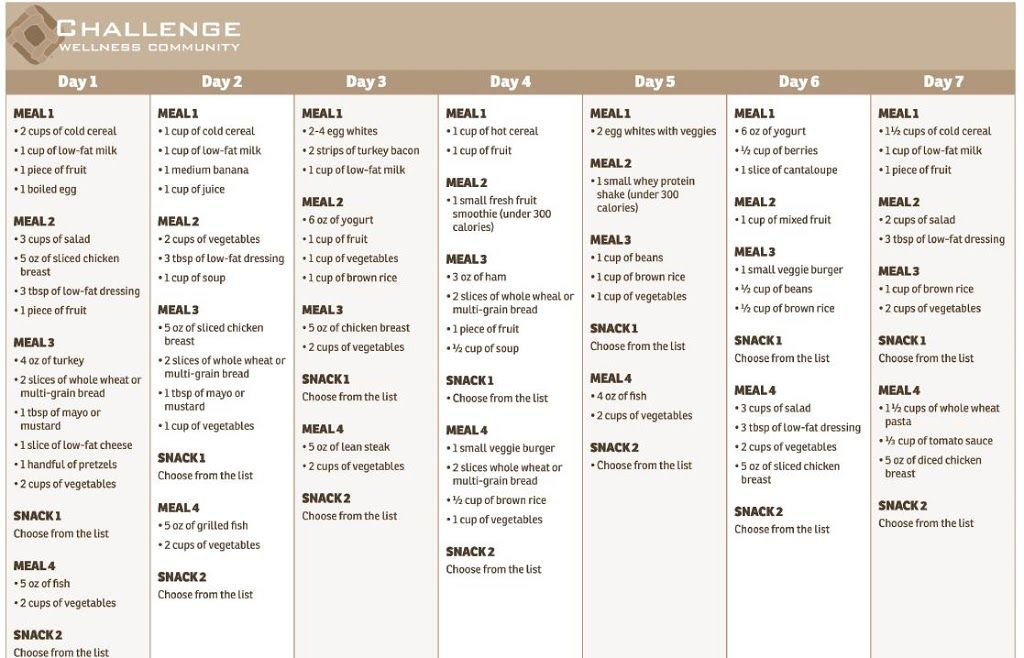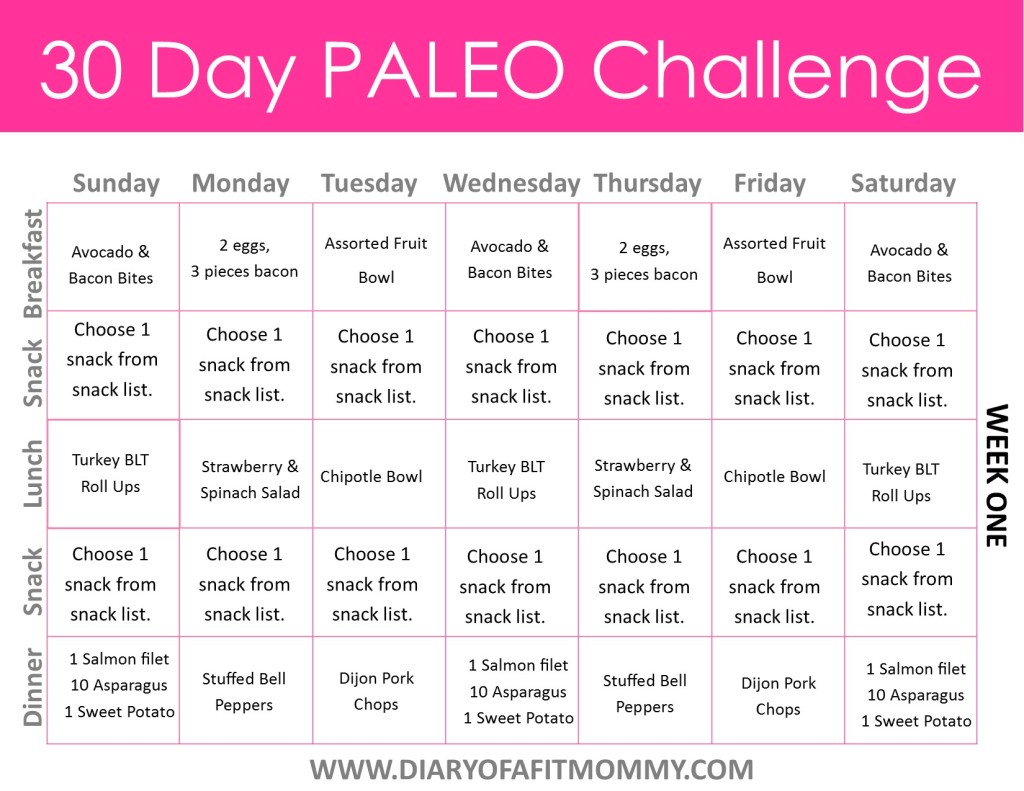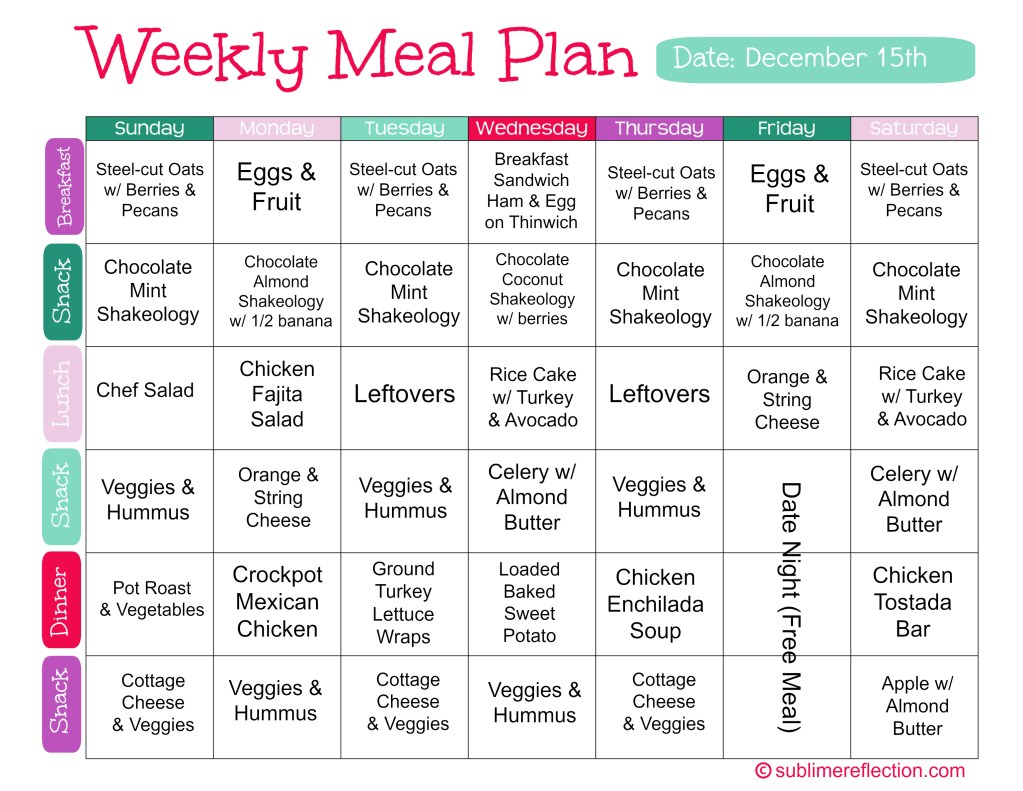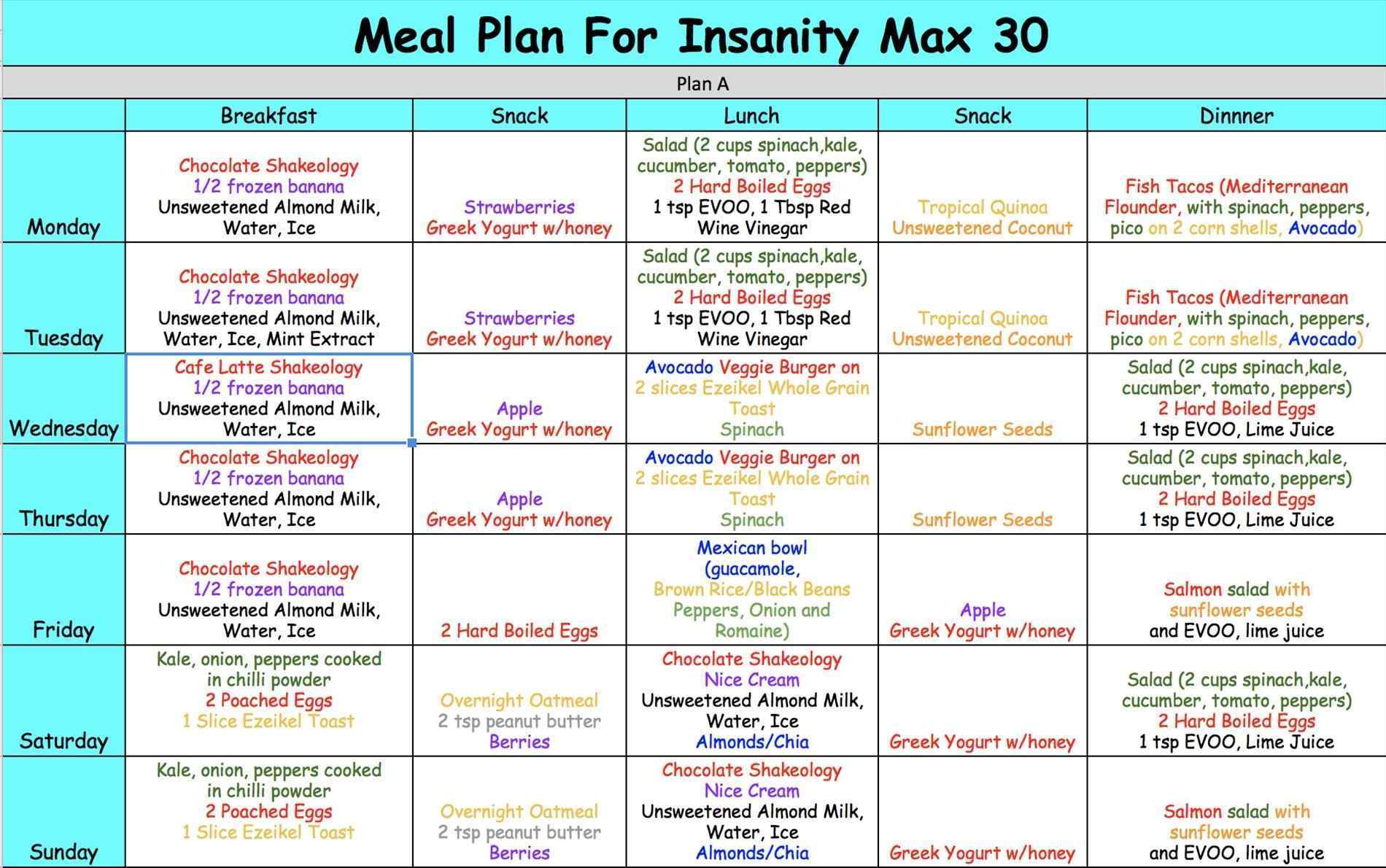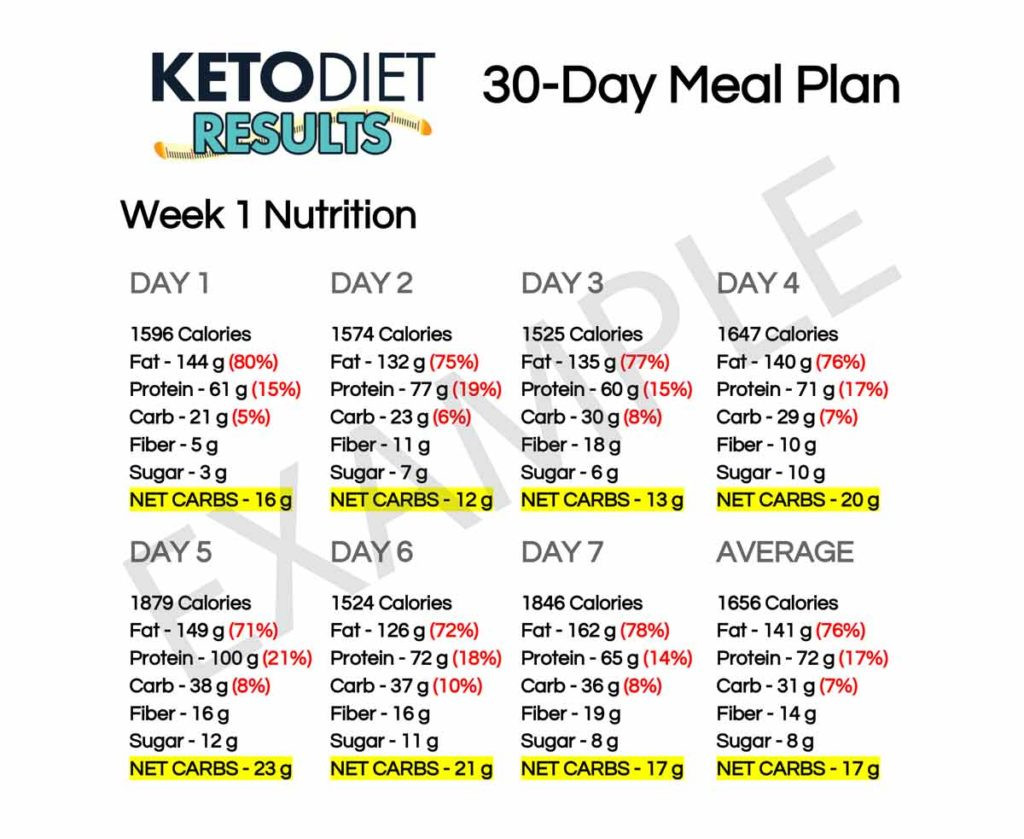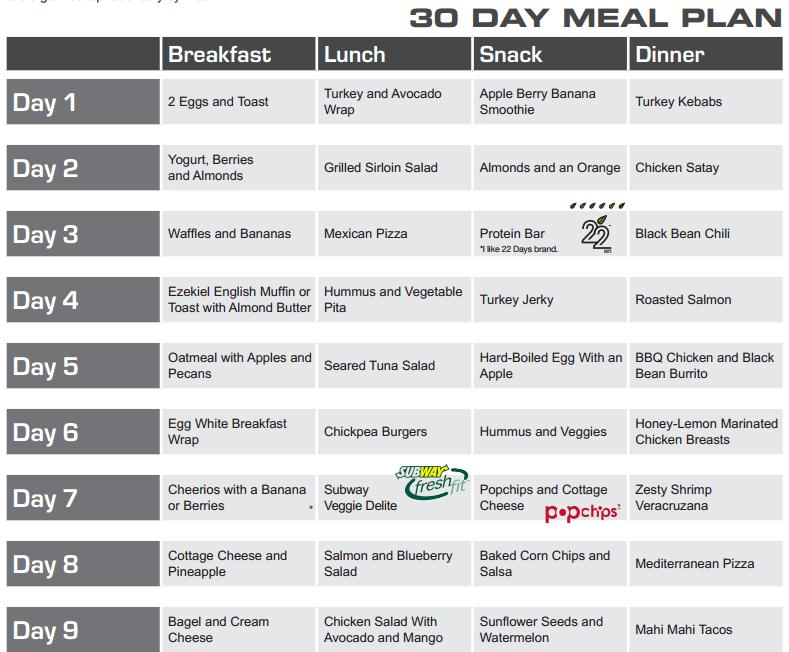9+ 30-Day Meal Plan Examples to Download
Pepperoni pizza, cheeseburgers, deep-fried onion rings, chili-cheese fries, Chinese take-out—while all these mouth-watering choices seem perfect at this time of day, they’re not exactly the healthiest food choices for our daily consumption. You may also see weekly plan examples.
Following a strict diet plan might not be everyone’s cup of tea, but it’s important for us to maintain a healthy lifestyle if we don’t want to end up drinking our food from a straw at age fifty. Along with your workout plan (if you even have one), it’s also essential that your meals are planned out beforehand. You may also like daily plan examples.
30-Day Dinner Meal Plan Example
30-Day Healthy Eating Meal Plan Example
30-Day Meal Plan Example
What Is Meal Planning?
Meal planning refers to the process of organizing yourself to cook a meal. It is the plan you make right before you go to the farmer’s market or grocery store to purchase your food. Some people plan on a weekly or monthly basis, freezing neatly labeled meat slices, vegetables, fruits, and other ingredients in small packets, while others simply wing it and buy whatever looks good to them at the moment.
Meal planning is a personalized process that people carry out in their own special ways. What works for one may not work for the other. Ultimately, the goal is to find a process that is both enjoyable and effective for you.
But meal planning is more than just about staying fit, as it’s also seen as an expression of one’s creativity. You can add in all these different types of ingredients to whip up something straight out of a restaurant menu. Find ways to inspire yourself and to look forward to your next food adventure. That’s the kind of attitude that animates the whole endeavor.
Though it may take some time before you can develop a well-maintained system that best suits your preferences, the main point of it all is to shower yourself with good food and a nourishing diet.
30-Day Meal Plan for Weight Loss Example
30-Day Meal Planner Example
30-Day Paleo Meal Plan Example
30-Day Weekly Meal Plan Example
7 Reasons Why You Should Have a Meal Plan
Whether you’re a stay-at-home parent, living on your own, or simply want to put together something good for the entire family, there’s nothing like a home-cooked meal to satisfy our growling tummies.
Cooking for a family with dietary restrictions or pickiness can be a huge challenge for any individual. This is where menu planning comes to play. When you plan your meals ahead of time, you can avoid the stress that you bury yourself into each night at your kitchen. You may also see diet chart examples.
Here are 7 reasons why you should consider planning your meals beforehand:
1. It saves money.
Think about all the food that went to waste because you forgot you had it in the fridge. How about the endless supply of canned soup you keep buying, thinking your food shelves are empty?
When you have your simple menu laid out in advance, you know exactly what to shop for in the supermarket. You can also get everything you need for the rest of the week so you don’t end up taking unnecessary trips to the supermarket just to purchase a box of breakfast cereal in your pajamas.
A meal plan allows you to use up whatever you have lying around in your cupboards. This gives you the opportunity to start fresh with your grocery list based on what has been written down on your meal plan. This way, you wouldn’t have to worry about overstocking, or grabbing random items out of impulse that you don’t even plan on eating.
2. It saves time.
How many times have you stood in the middle of your kitchen contemplating what to have for dinner, or had to scramble to the nearest grocery store because you didn’t have enough cooking oil to fry some chicken?
Many shoppers wander around the grocery store aimlessly looking for food items that they could work with, only to realize that they have forgotten something important as they slowly unload their grocery bags. If you’re too busy during the week running errands and doing work stuff, then it might be best to take some time out of the weekends to prepare most of your meals for the days ahead. You may also see snack schedule examples.
Oats with yogurt and frozen berries can easily be fixed in a mason jar or container for those on-the-go mornings. You can even slice some fruit and vegetables and seal them in different bags for a healthier snack option. As for dinner, since you’re likely to feel exhausted from a long day’s work, you can re-heat some of your family’s leftovers and prepare a quick salad for an easy dinner. You may also like grocery checklist examples.
3. It improves your nutrition.
By planning in advance, you can work toward having nutritionally balanced meals as opposed to the regular deep-fried options. You want to make sure your body gets enough carbs, protein, grains, and other nutrients to stay fit.
Meal planning offers you the chance to take control of your daily food intake for your personal nutrition needs. If you’re someone who needs to stick to a strict diet plan due to some sort of allergy or other health conditions, then a meal plan will surely come in handy. You may also check out food inventory examples.
4. It avoids unnecessary waste.
Food is relatively expensive these days. With market prices skyrocketing, not everyone can afford to put food in their plates three times a day, yet some people still take this for granted by wasting food. It’s a shame to purchase something from the grocery store, only to throw it away a few days later because it’s no longer edible. You might be interested in weekly plan examples.
To avoid such practice, organizing your meals ahead of time enables you to make smart decisions with your purchases and food preparations.
5. It helps you serve better meals.
When we’re in a rush, we don’t always think straight. Instead, we always go for a quick and easy option, even when they’re not the best for us.
But if you do your research on breakfast, lunch, and dinner ideas at the beginning of the week, you’ll have enough time to plan out complete meals that include side dishes, salads, and desserts. This way, you can concentrate on various cooking techniques during the actual preparation of each meal. You may also see simple business plan examples.
A delicious and nutritious meal certainly beats a box of cold pizza any day!
6. It decreases stress.
Think about all the times you’ve stared blankly at your kitchen counter just wondering what to cook. Instances like this force you to make decisions based on what’s convenient at the moment.
Naturally, you’d choose whatever comes to mind first without even thinking if you have the right ingredients for it, if you have enough time to prepare it, or if everyone in your household can eat it. Last-minute meal preparations can put you in a lot of stress. Fortunately, this can easily be prevented with a good meal plan. You may also like work plan examples.
7. It allows you to plan ahead.
This is basically a summary of everything mentioned on this list.
Seems a little obvious, but when you take the time to plan out your meals for the next week or so, you are able to focus on the different aspects of the entire process. This includes preferences, availability, and resources (time and money). This will help keep your kitchen—and your life—a lot more organized for an easy, stress-free, and enjoyable cooking and eating experience! You may also check out transition plan examples.
Easy 30-Day Meal Plan Example
Keto Diet 30-Day Meal Plan Example
Simple 30-Day Meal Plan Example
Tips for Effective Meal Planning
There are plenty of ways to keep yourself organized in the kitchen. By thinking ahead, you can satisfy everyone’s taste buds with a series of appetizing meals. To get you started, here are some useful tips for effective meal planning:
1. Spend time searching for new recipes.
Though you could always ask for your mom’s special recipes, there’s no harm in browsing various blogs and websites for new ones. You can even search for homemade alternatives to some of your favorite meals that you can only get at food stalls and restaurants. Even if you aren’t a professional chef to start with, these online recipes and cookbooks provide step-by-step procedures for beginners to follow. You may also see quality plan examples.
Gather all your sources and get your sticky notes ready, it’s about to get really messy!
2. Ask your partner, family, or roommates what they like.
Living alone is easy because you could always whip up something you’re craving for. But if you’re living with somebody else, you might want to ask your households what they would like to eat. This is necessary not only to please everyone around the table but to get inspired by various food ideas as well. The more suggestions you receive, then the more meal options you have. You may also like sales plan examples.
3. Check the weather.
The weather can often influence our cravings. Since a bowl of ramen won’t seem very enticing on a hot summer day, you could opt for a fresh salad or an outdoor-type meal like barbecue or steak. The weather forecast isn’t always accurate, but it does help complete your meal plan for the coming days. You may also check out advertising plan examples.
4. Keep a journal.
Your journal may consist of different things, such as personal recipes and records of meals you’ve cooked in the past. If you’re having trouble planning out your meals for the month, you could always look into your journal for some ideas. This can also come in handy during special occasions and urgent events that require you to make immediate decisions. You might be interested in job plan examples.
5. Start a calendar.
Create a calendar for your daily plan. You can use a Google Calendar to make notes for each day of the month, or you can design a make-shift calendar on a whiteboard and put it on your fridge door. By doing so, your meal plan calendar will always be in plain sight to keep you guided.
6. Plan out leftovers.
You can make the best out of each meal by planning for leftovers as well. To do so, all you need to do is to prepare more than you and your companions can consume, and use the leftovers for a different meal. This should only apply to dishes that can last for more than a day or so, otherwise this may lead to multiple toilet trips and chicken noodle soups for the whole family. You may also see event plan examples.
7. Keep recipes simple.
It might be fun to try out new recipes every now and then, but just because a certain dish sounds good doesn’t mean it’s going to suit your taste. For the most part, you’d want to keep your meal plan simple and practical. Try not to go overboard with some classy Italian dish every night, as this defeats the whole purpose of a time-saving and cost-effective meal plan. You may also like annual plan examples.
By now, you probably get the picture: plan several days, a week, or even a month ahead for your meal plan, and make sure to tailor it according to your preferences, dietary needs, budget, and time. When you have your meals planned out for the coming days, you’re sure to get everything done in one swoop!


